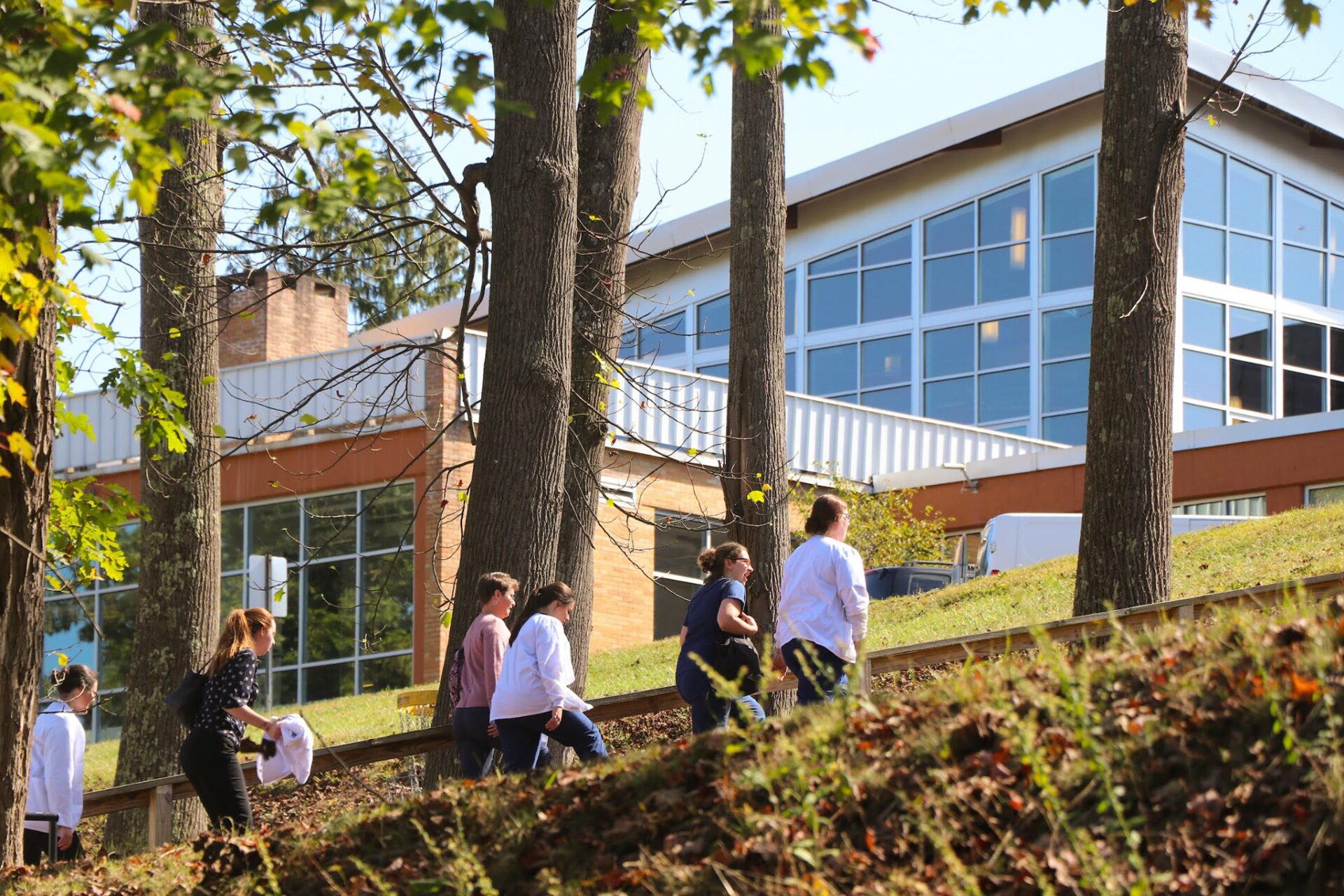The Chancellor of the Higher Education Policy Commission (HEPC), Sarah Tucker, provided updates about the closure of Alderson Broaddus University to the Legislative Oversight Commission on Education and Accountability on Sunday during the Interim Session.
According to Tucker, Alderson Broaddus has been on provisional authorization because of finances with HEPC for a little more than a year.
Tucker said in late November or early December of 2022, the then-president of Alderson Broaddus told her he believed the board would vote to close the institution in the spring of 2023.
“While he wasn’t 100 percent certain, he was pretty sure that in the springtime, the board was going to be closing, or voting to close, the institution, that their finances were too out of control, that they were in too much debt that they couldn’t get see their way out of it, and that they would be closing not reopening for the fall semester,” Tucker said.
Since then, both the board and president of the university changed hands and that understanding between Tucker and the previous president did not become a reality.
“The new board made a different decision,” Tucker said “And that decision was that they were going to stay open for the semester. And so, at that point, we were to reauthorize them in June, based upon the finances that I had received, and very inconsistent financial information. There was simply no way that the commission was going to be able to do that.”
According to Tucker, Alderson Broaddus told HEPC they would be receiving funding from numerous sources including a $1.1 million tax credit from the federal government.
“We were actually told that that tax credit had been sent in by the IRS erroneously to the institution and the institution had mailed the check back and that they were expecting to receive the real check anytime soon,” Tucker said. “We were also told that the board chair was going to resign her position because she had become disfavored by other board members. And that as a result of that the institution would receive $500,000 in donations. Neither the IRS refund nor the $500,000 of donations have come to fruition at this point.”
Given the inconsistencies in the financial reports, HEPC asked the university for its cash flow projections for the year. The university had a cash flow of negative $500,000 with more than $30 million in debt.
“They have lines of credit at or near $5 million, which is the maximum. They owed the city of Philippi $835,000 has been reported in the press; it was a little bit less than that reported in the press,” Tucker said. “That’s because they didn’t report the July bill that they also missed. They owe Sodexo, which is our food service company, nearly $2 million.”
According to Tucker, the university made an initial payment to the city of Phillippi of $67,000 with money from a fundraising campaign. She also said the university has been asking for donations from alumni to make payroll.
“I can keep going on about some of these financial issues, but at the end of the day, we came to the conclusion that this institution was not going to be able to stay open for this semester. There was just no financial indicator that caused us to believe that they were going to be able to stay open,” Tucker said. “And once news broke of their finances, we became very concerned that their budget, which was based entirely upon their enrollment, was not in their enrollment projections were not particularly feasible, when that just simply wasn’t going to be able to be met, there was too much out there about how bad their finances were. So, we simply didn’t think they were going to make their enrollment projections.”
The HEPC came to the conclusion to vote to revoke Alderson Broaddus’ ability to award degrees, due to their inability to stay open through the semester.
Students who can graduate by December 31, 2023, are allowed to finish their education at Alderson Broaddus.
Also according to Tucker, eight to 10 Alderson Broaddus students struggle to be placed at a new college or university due to class size restrictions on first-year physician assistant’s classes.
“There is a cap on the number of students that you are allowed to take. All of our institutions which offer PA programs are at their cap for their first-year students,” Tucker said. “They have called their accreditor, to see if the creditor would be willing to let them have a few extra students so that we can get those students through so far those conversations have been unsuccessful.”
